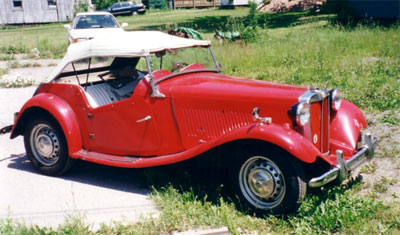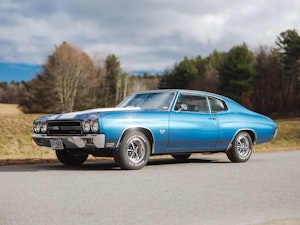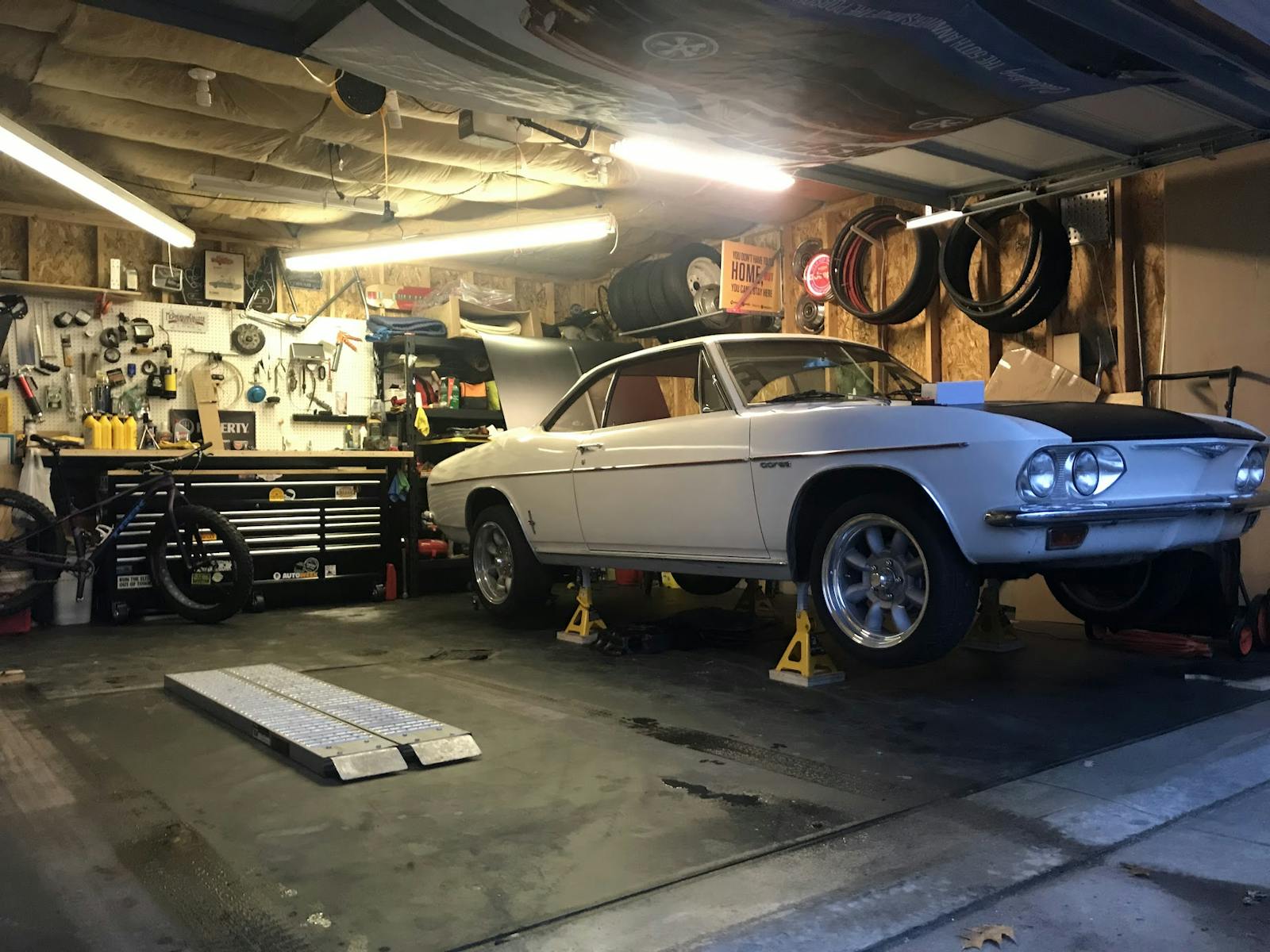Media | Articles
Tracing Vehicle Ownership History
A Hagerty Collector Network member recently asked if there was a way to look up vehicle registration history for a 1966 Mustang. There are many reasons that car collectors seek this type of information. First, it’s fun to know the history of a vehicle. Second, a previous owner can tell you about a car and verify its options as well as offer any literature or parts they might still have. Third, you might learn if the car has been in an accident or had major repairs. Also, you made need the written permission of the previous owner to maintain its unique registry number in some car clubs.
Tracing car ownership isn’t easy to do because of a federal law that went into effect in September 1997. The Drivers Privacy Protection Act prohibits state motor vehicle departments from giving records to individuals. The law was drafted because stalkers had used DMV records to obtain home addresses. Several states raised states’ rights objections, but the law is still in effect.
If you think you can talk a DMV clerk into bending the law for a car collector, visit the British Car Forum: Car History news group at www.britishcarforum.com. It includes a discussion about an Austin-Healey BN6 owner trying to trace registration information on his car.
Due to the privacy legislation, any hobbyist who wants to trace their car’s history has a lot of legwork to do, but it is possible. In fact, I’ve been able to find the previous owners of eight of my 11 cars without any DMV help.
A good reference is How to Find Cars & Owners, by Barbara Spear and Mike Brezden. Though reprinted in 1992, it’s now out of print, but you might be able to find a copy via eBay, Amazon.com or used bookseller T.E. Warth, Esq. Both editions came out before the Driver’s Privacy Protection Act took effect in September 1997; however, the book covers many aspects of tracing ownership history – not just title searches through state motor vehicle agencies.
Marketplace
Buy and sell classics with confidence
The authors start out telling people the reason they should care about past owners. They talk about things to consider, such as the car’s age, and having realistic expectations. “There is no magic computer with an all-encompassing database of past owners,” says Spear. There are basic instructions from how to set up a three-ring binder to make a “case file” to how to make phone calls and write letters that past owners will respond positively to.
Investigative techniques of searching through a car looking for clues to past ownership are also covered in the book. Are there old registration papers in the glove box? How about an ice scraper with the original dealer’s name? Better yet, an owner’s manual with the GM Protect-O-Plate or Ford Warranty Information Card glued in it? Look under the seats for old pay stubs or bank deposit slips. If you’re lucky, you might find a factory Broadcast Sheet with all the car’s options listed on it stuck behind the instrument panel or rear seat.
The book tells you what to ask for if you do locate one of the car’s previous owners. This may sound like overkill, but in most cases the car owner won’t want a pen-pal, so it’s important to find out everything possible while you have the opportunity. The book also covers different questions to ask a car dealer or auction house that might have handle a sale of the vehicle. If you can’t find copies of How to Find Cars & Owners, you’ll be happy to learn that a great deal of the information in the book has been posted to the Internet by Spear. The copyrighted information is available at www.yankeelady.com/library.htm.
There are several other websites that contain helpful information about tracing vehicle histories. The 1970 Corvette Registry & Resources link list at www.corvetteforum.net/c3/1970registry/ includes links to an online owner center for research, information about getting started tracing your car’s history and a listing of DMV offices across the .
If you own a British Car, the British Motor Heritage Industry Trust can trace your car’s production records that will show when it was built and when and where it came to the states. It will also document chassis and engine numbers and may help determine if they properly match. There is a set fee for this service and a certificate is provided. The address is: British Motor Industry Heritage Trust, Archive Department, HeritageMotorCenter, Banbury Road, Gaydon, WarwickCV35 OBJ, England.
Visiting the websites listed above will get you started on tracing the history of your car or truck. How far you take the investigation is up to you. How much information you’ll find is up to Lady Luck. Hopefully, she’ll be riding with you.
John “Gunner” Gunnell is the automotive books editor at Krause Publications in Iola, Wis., and former editor of Old Cars Weekly and Old Cars Price Guide.











I am trying to find previous owners of a 1962 Corvette.